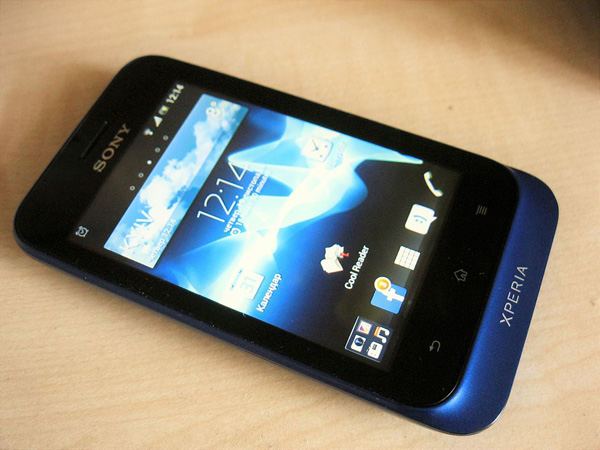- La Feria Native Soon To Retire From The Military This Summer
- Senior Eneece Avila Takes Pride in her State Title
- Dr. Noemi Infante, Harlingen Medical Center Open New Women’s Clinic
- Santa Rosa Cameron County Park Partially Reopens
- Santa Rosa Takes to Regionals Meet in Kingsville, Tx
- Long-Standing Nexstar Tower in La Feria Decommissioned
- Lionettes Powerlifting Meet
- Local Business Holds Event to Benefit RGV Shriners Club
- Knights of Columbus Holds it’s 30th Annual Golf Tournament
- KGBT Tower Dismantled
Report: Distracted Parenting Hampers Child Brain Development
- Updated: January 22, 2016
by Eric Galatas
AUSTIN, Texas – Parents, put down your smartphones when you’re taking care of your baby. That’s the message from University of California researchers, who found that fragmented care can disrupt a young child’s brain development and lead to emotional disorders later in life.
When moms and dads are bonding with infants, said report co-author Hal Stern, a professor at the University of California at Irvine, such everyday interruptions as phone calls and text messages can have long-lasting impact.
“It speaks to the importance of having regular patterns in your interactions with your child,” he said, “and a clear way to do that would be to kind of set the phone aside when it’s reading time or play time.”

New research indicates such distractions as mobile phone use that interrupt a parent’s care and bonding time with infants, may impair a child’s brain development. Photo: ATA/Wikimedia Commons.
Even though the study’s first phase focused on rodents, Stern said it showed that distractions can break the consistent rhythms that developing brains need to ensure the growth of robust neuron networks. He said children need greater assurance that when a parent picks up a book, for instance, that time really is reserved for them.
Researchers found that erratic care of infants can increase the likelihood of risky behaviors, drug and alcohol use, and depression in adolescence and adult life. Stern said that because mobile phones are so ubiquitous and bring an endless stream of calls, texts and social-media posts, the group’s findings are especially important for today’s parents.
“As children become adolescents,” he said, “one might expect effects on risk-taking behaviors, and an increased risk of emotional disorders and the like.”
Stern said the next step is to see how these discoveries in rodent behavior apply to people. The team plans to use video analysis of parent care and imaging technology to measure brain development, to find out if limiting distractions today can help prevent problems for tomorrow’s teens and adults.
The study is online at contecenter.uci.edu.






